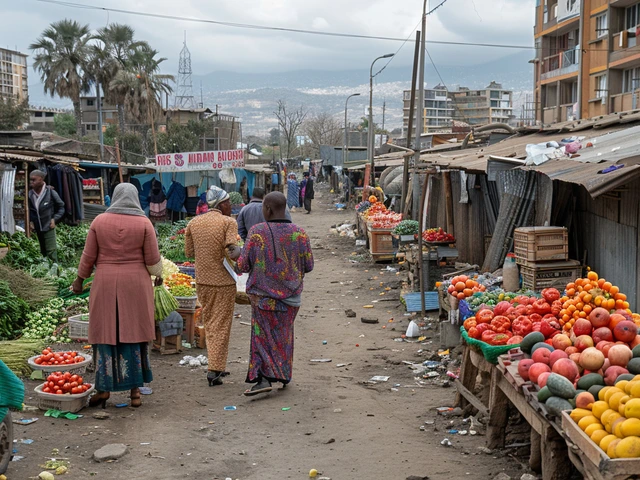Ethiopian Healthcare System: Honest Look at Salaries, Careers, and Economic Realities
Did you know a pharmacist in Ethiopia might earn a very different salary depending on where they work? If you’re thinking about a career in healthcare or just want to understand how the system operates, Ethiopia’s health sector is worth a close look. It’s not just doctors and nurses running the show. Pharmacists, administrators, public health workers, and more all play a crucial part—and their salaries and job prospects can vary a lot across the country.
Salaries in the Ethiopian healthcare system hinge on several factors. Public sector jobs, for example, usually pay less than private clinics, but they tend to offer steady employment. In cities like Addis Ababa, a pharmacist’s salary might stretch further thanks to more job options and higher demand. Rural areas, on the other hand, often lack enough qualified staff but pay less due to lower cost of living and budget limits. Most Ethiopian healthcare professionals also have to handle bigger workloads than you’d expect in other countries, which affects job satisfaction and sometimes even earnings.
The healthcare system here is closely tied to the country’s economy. When the government invests in hospitals or health reforms, more jobs show up—especially for qualified nurses, lab technicians, and specialists. Ethiopia has pushed hard to build more clinics, train more health workers, and expand basic care in villages and towns. This kind of growth impacts not only people’s health but opens up tons of job avenues for young people entering the workforce. If you’re thinking about your own career path, jobs in this sector don’t just mean treating patients—think about admin roles, health information tech, or rural outreach programs.
But it’s not all smooth sailing. Ethiopia faces big challenges: understaffed hospitals, shortages of medicine, and a huge gap in services between cities and the countryside. For job seekers, that means opportunity if you’re willing to relocate, especially to places far from the capital where doctors and nurses are always in demand. Language skills can also open doors, since many rural patients speak only local languages. If you’ve got the right qualifications and the drive, the need is real—and the system needs people who care.
Outside clinical roles, Ethiopia’s healthcare sector is growing for business too. Pharmacies, diagnostic labs, startups supplying medical tech, and insurance services all need professionals. With increasing investment and more educated young people, the job market is only going up. If you’re looking for stability and purpose in your career, health might be a smart bet.
If you want to boost your earning potential, specializing helps—pharmacy, surgical nursing, or IT support for hospitals all command higher salaries. You’ll need to navigate the differences between public and private employers, get licensed, and keep up with training.
Healthcare in Ethiopia is changing, and anyone invested in the sector—whether through study or business—has a chance to make a difference. The system still has gaps, but for Ethiopians and expats willing to take on a challenge, there’s plenty of room to succeed.





